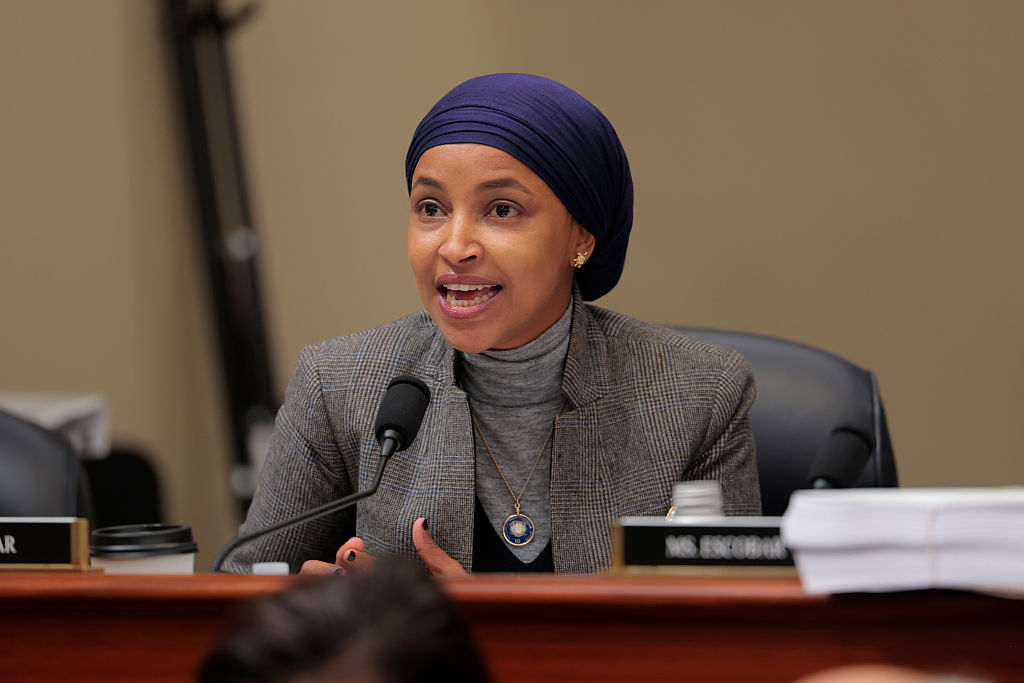International Day of the African Child
OPINION: International Day Of The African Child
On June 16, 1976 thousands of Black schoolchildren took to the streets to protest the apartheid regime. Hundreds were killed and wounded. Thousands were forced to flee their country, South Africa. They carried their struggle against apartheid around the globe. Today, in honor of those slain children, June 16 is designated International Day of the African Child.
This day provides an important opportunity to reflect on the rights guaranteed to our children and the responsibility held by parents and policymakers to safeguard those rights.
Our collective rights are enshrined in the U.S. Constitution, and in the United Nation’s Universal Declaration of Human Rights. Everyone has the right to an adequate standard of living, including food, clothing, housing, medical care, work, and necessary social services. Everyone has the right to education, education that “shall be directed to the full development of the human personality and to the strengthening of respect for human rights and fundamental freedoms.” Our children have the right to develop and the right to protection from abuse. The have the right to life, to respect for their views, nondiscrimination, and devotion to the child’s best interests, including healthcare, education, and legal rights. These rights are enshrined in the UN Convention of the Rights of the Child.
However, many children in Africa face tremendous obstacles accessing their rights. Sub-Saharan Africa has the highest proportion of people in the world living in extreme poverty. Also in Sub-Saharan Africa: 35 million school-aged children do not have access to education, an estimated 4.5 million children under age five die as a result of treatable conditions, for example, diarrhea, malaria, and measles. Every year nearly 1 million children die from malaria, most of them in Africa. Despite the guarantee to healthcare, on average low-income countries in Africa only provide 9 hospital beds per 10,000 people.
In the U.S., children of African descent also experience significant inequality. According to the National Urban League’s State of Black America 2009: “fewer than 50 percent of African Americans graduate high school in many major American cities.” U.S. “prisons are disproportionately populated by African American males.” The unemployment rate for young African Americans aged 16-19 is over 30%, and our children are less healthy then white children and lead the nation in HIV/AIDS levels.
While the levels of poverty and access differ, our children — be they in Accra, Ghana or Anacostia, Washington, D.C. — desperately need our attention and support.
Yet, too many of our policymakers focus on the pragmatic, the expedient and on addressing the needs of the powerful. And we, as a community, are frequently unaware of our rights and do not hold our representatives accountable for advancing those rights.
This week the Congress will vote on a wartime supplemental bill that will set aside billions to fund the wars in Iraq and Afghanistan. Imagine if those funds were used to invest in the common public good: health care, food security, nutrition, education.
Imagine if the millions who voted in historic numbers last November began to demand substantive change from all our policymakers. To demand that in addition to the stimulus package, that more resources were directed at saving lives as opposed to war and weapons.
The 4.1 million children who die annually as a result of preventable disease require that we do more than imagine. The children who survive infancy and who face a life of deprivation, poverty, and who lack access to life, education, and a decent standard of living, demand that we do more. On this day, International Day of the African Child, contact your political leaders and demand that they begin to work for all our children.















